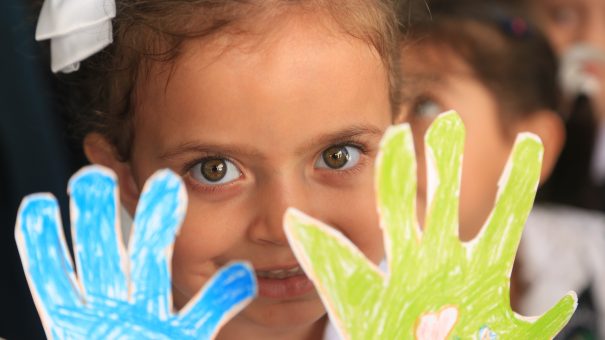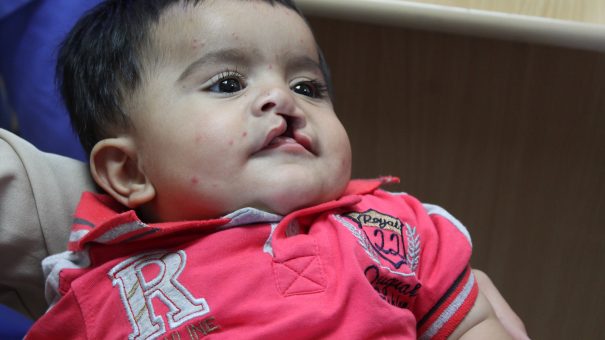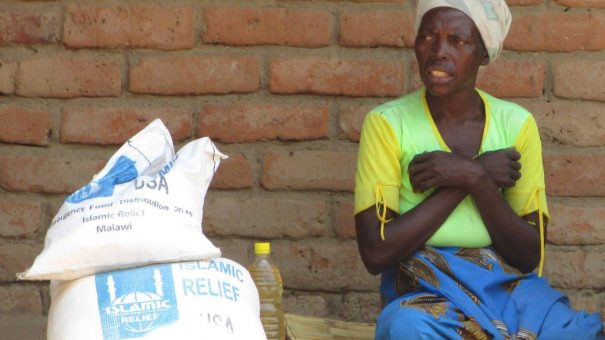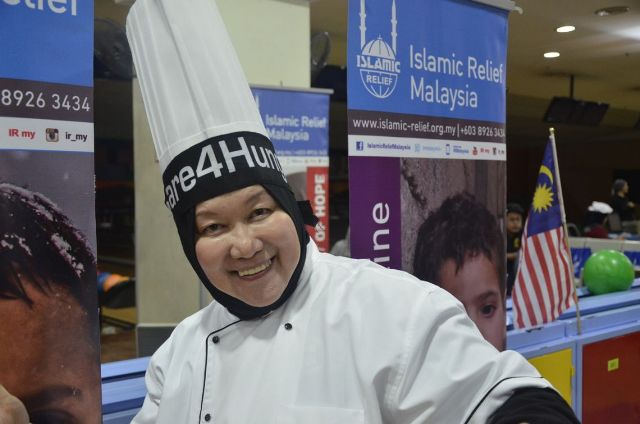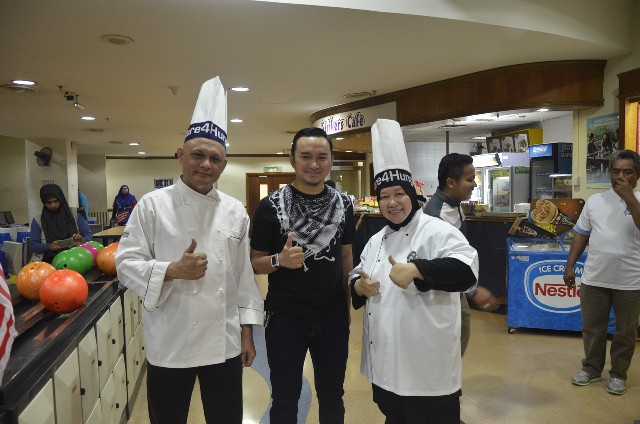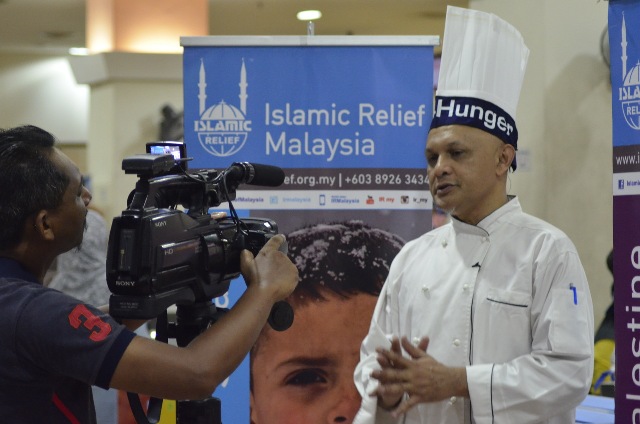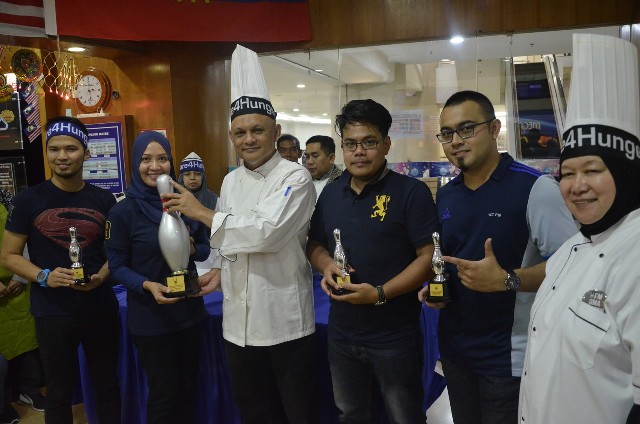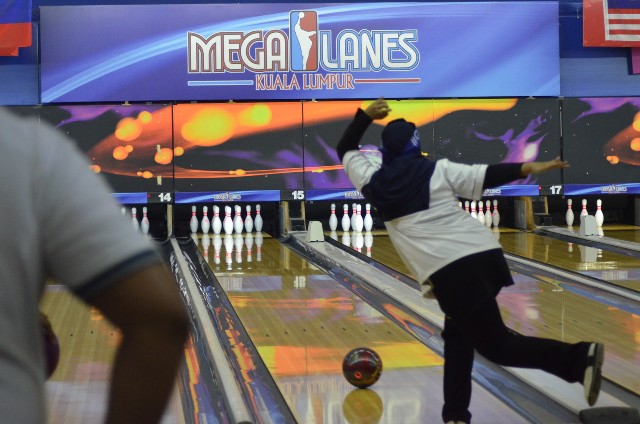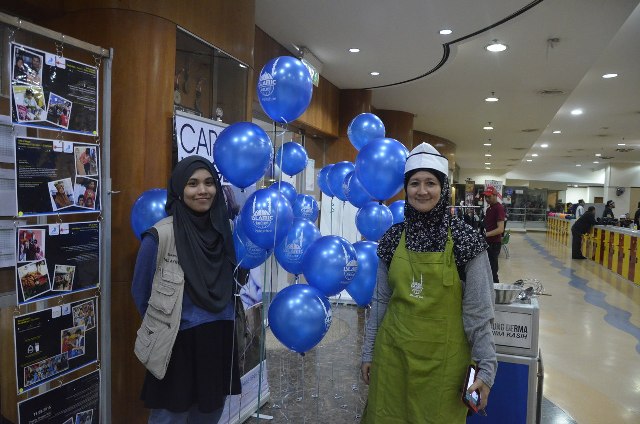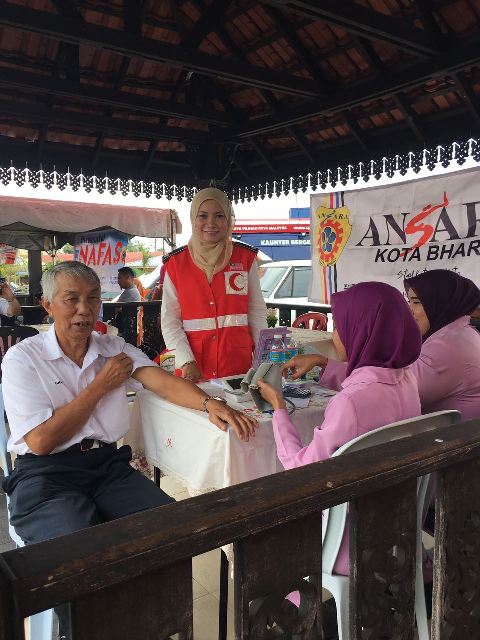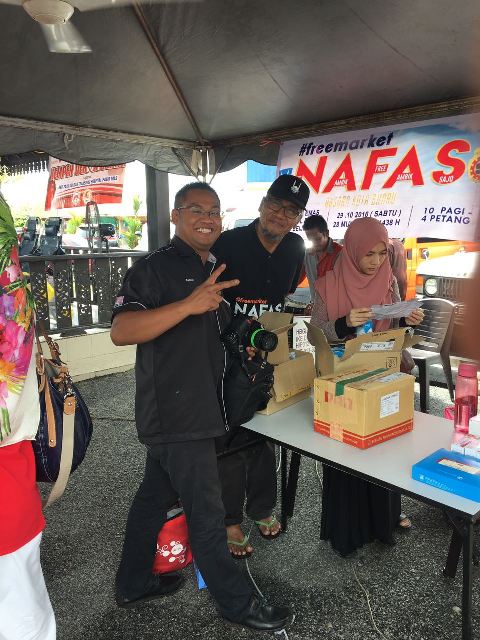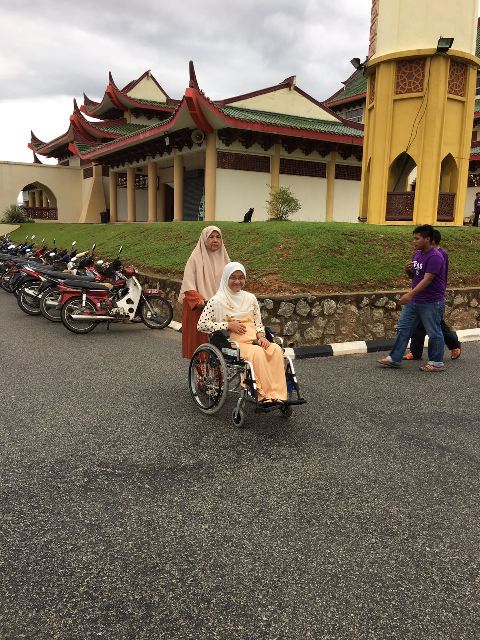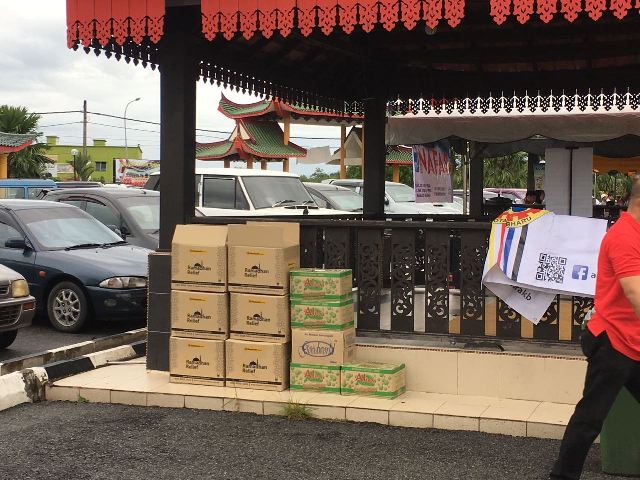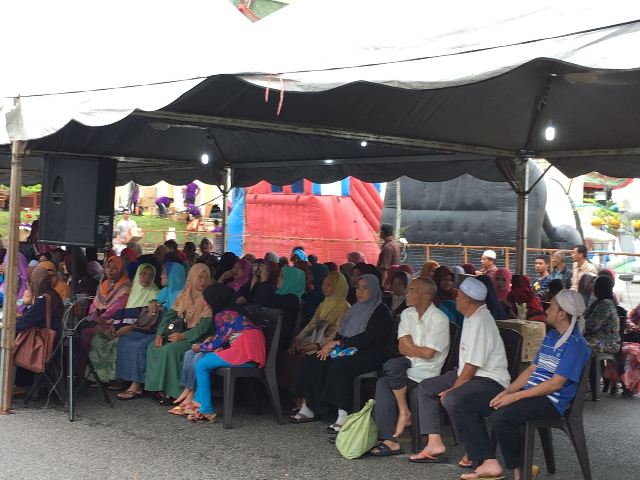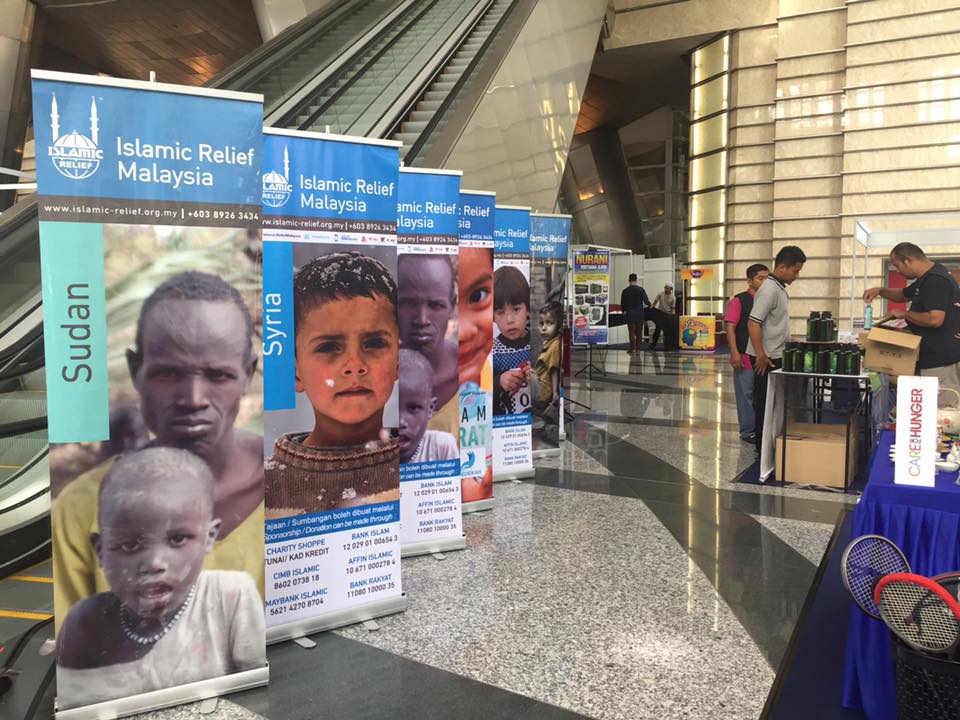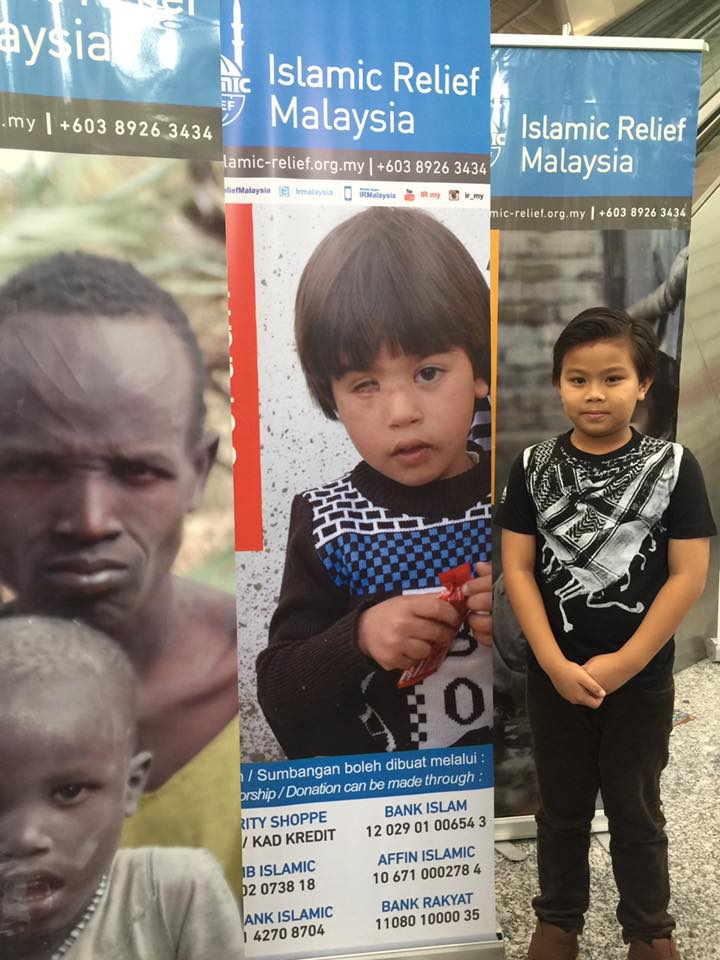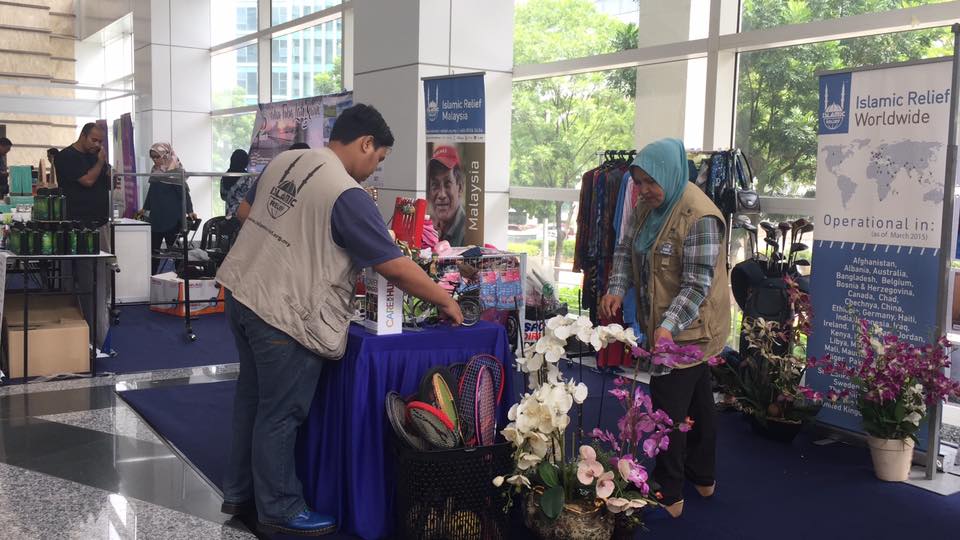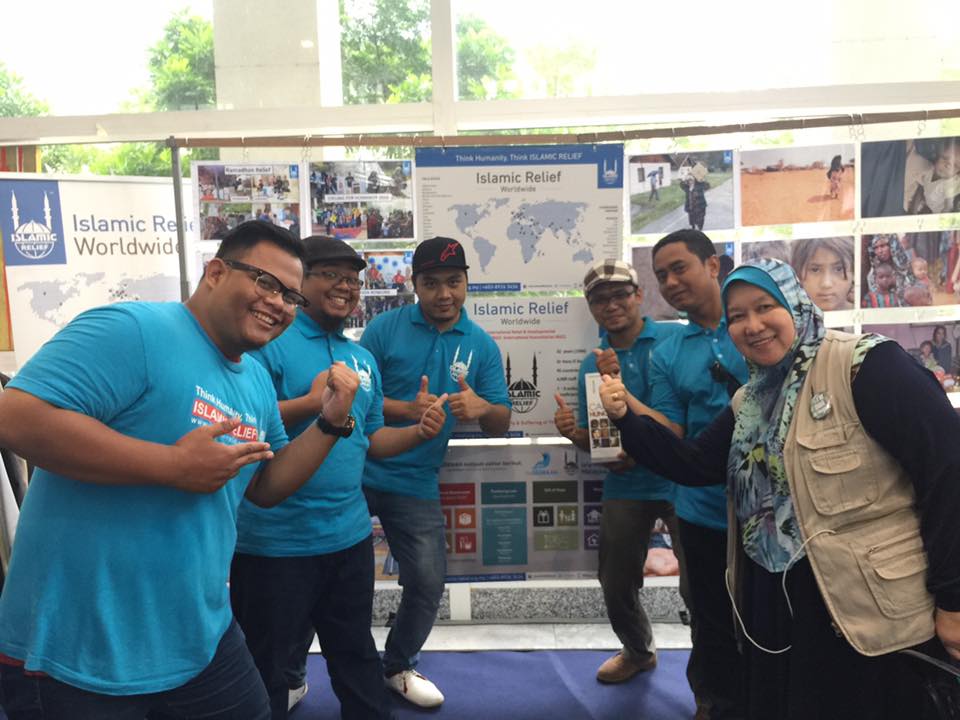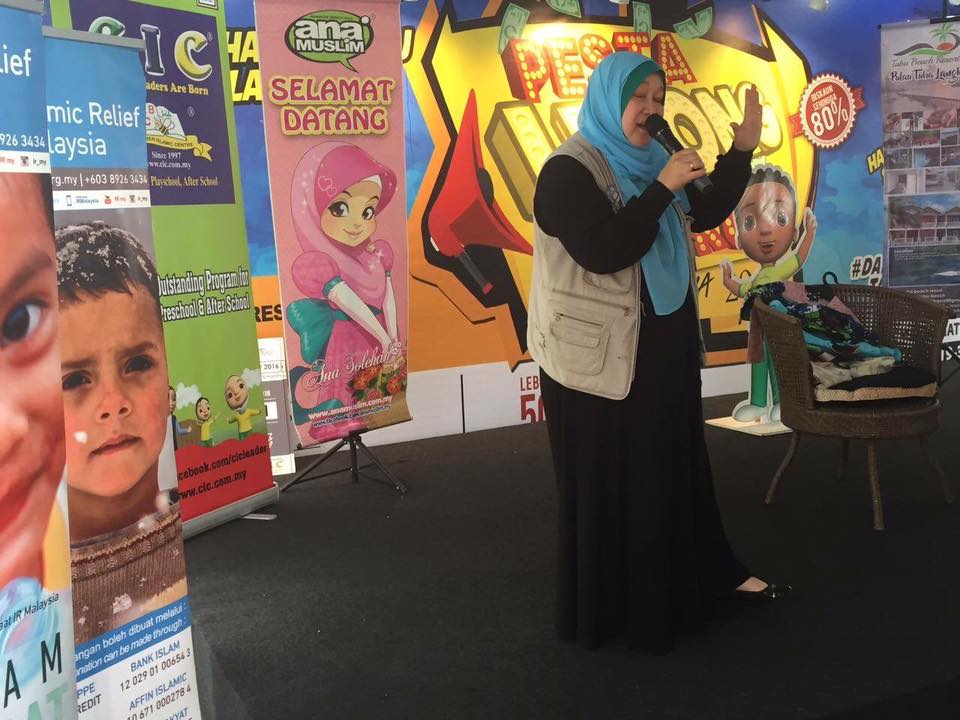From Mali to Gaza, and Afghanistan to India, children are taking centre stage.
As well as throwing celebrations this weekend Islamic Relief offices around the world are using Universal Children’s Day (on November 20) to highlight children’s rights.
In Gaza, hundreds of children have taken part in events, creating handprints carrying messages about their need for better education, healthcare and protection.
Mohammed Abu Moharram, manager of Islamic Relief’s child welfare program in Gaza, said: “The main objective is to draw the world’s attention to the Palestinian children who suffer from difficult psychological and social conditions as a result of the loss of their fundamental rights guaranteed by international conventions such as the right to security, education, health and the right to play.
“We left space for children to express their dreams and aspirations by using tools they like, such as drawing and painting, and calling for intensified local and international efforts for improving the situation of children in the Gaza Strip.”
Our office in Mali is inviting 100 orphans and their guardians for a tour of Bamako National Park and a day of games while 50 orphans in the West Bank and 150 children in Kosova will join a day of outdoor activities.
In Afghanistan we are celebrating in the provinces of Nangarhar and Bamyan where we have ongoing education programmes, and a series of events will take place across four states of India including fancy dress, treasure hunts and a picnic at a historic monument.



